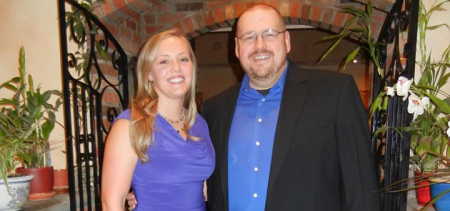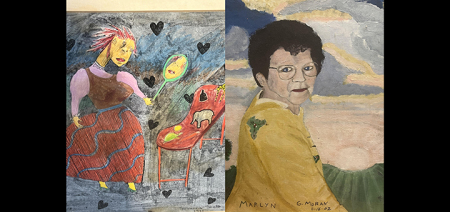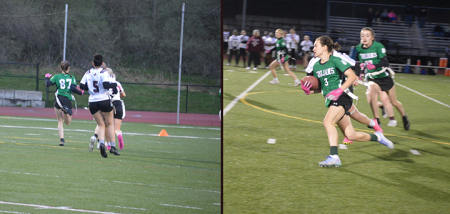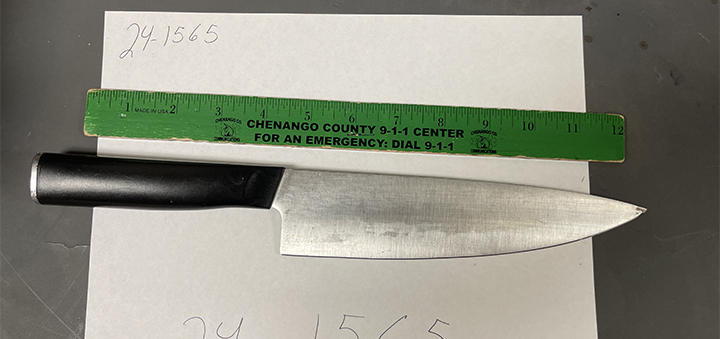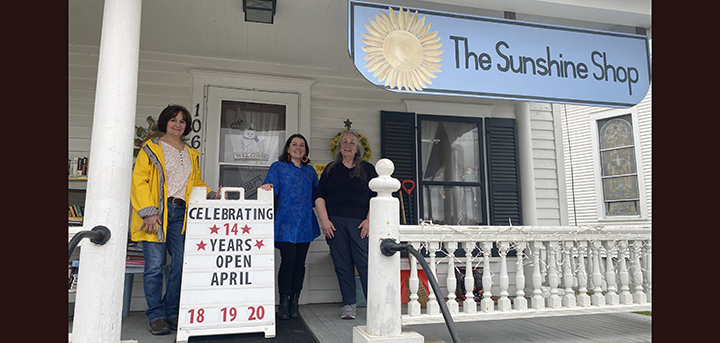Court Orders New Murder Trial For Peter Wlasiuk
Published:
September 1st, 2006
By:
Tyler Murphy
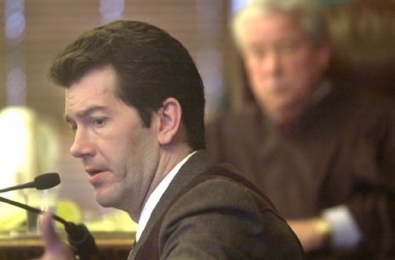
NORWICH – One of the area’s most notorious murder trials will soon get a replay in Chenango County Court. A midlevel state appeals court ruled Thursday that a “litany of errors effectively deprived the defendant of a fair trial.” Peter M. Wlasiuk, 37, will be returned to Chenango County and given a second stand before a jury.
The state Supreme Court Appellate Division’s Third Judicial Department ruled in favor of Wlasiuk’s appeal early yesterday, citing their reasons in a 10-page memorandum. Wlasiuk was found guilty of second degree murder and given the maximum sentence of 25 years to life for allegedly killing his wife Patricia and then staging a truck accident at Guilford Lake to cover it up in April of 2002.
“We are disappointed in the decision,” said District Attorney Joseph McBride.
In ordering a new trial for Wlasiuk, the Albany court said Judge W. Howard Sullivan should not have allowed prosecutors to introduce evidence of Wlasiuk’s prior violence against his wife and that letters and diary entries by the victim should not have been admitted into evidence.
The appellate court’s ruling stated that although many of the procedural errors viewed by themselves appear “harmless,” taken as a whole they could infringe on the defendant’s rights. The court’s main priority was “the cardinal right of a defendant to a fair trial,” said the memorandum.
The decision, rendered by P.J. Cardona, slashes at a handful of procedural shortcomings indicating the partial responsibility of the judge, the district attorney and even defense counsel to a small extent. “We acknowledge that some of the errors now complained of were not properly objected to at trial,” the report states.
The alleged prior violent history of Wlasiuk may have been overstressed during the trial, the decision states, and at the very least was not properly considered in court. It is the judge’s responsibility to balance the case’s material worth of a person’s incriminating history against the prejudice it may generate with jurors, the report said.
“He (Wlasiuk) has alienated a lot of people. But just because you don’t like someone doesn’t mean you find them guilty of murder,” said defense attorney Frederick J. Neroni of Delhi over three years ago in his closing arguments. Neroni said yesterday, “They (the appellate court) really made a good decision” and he still feels there was “substantial reasonable doubt.” Wlasiuk is now being represented by attorney Linda M. Campbell of Syracuse. Calls to Campbell were not returned by press time.
The appellate court criticized the way some letters and journal entries by Patricia Wlasiuk were used in the trial, saying, “Additionally, even if it could be established that defendant was aware of the content of the victim’s writings, we note that the diaries and letters contain individual statements which do not, on their face, reflect the victim’s state of mind and, in fact, contain inflammatory and largely irrelevant assertions which should not have been presented to the jury.”
The testimony of several of the prosecution’s key witnesses who described the tumultuous relationship between the Wlasiuks was also singled out in Thursday’s decision. The appeals court took issue with how the hearsay evidence was admitted to the court, and questioned its effects on the outcome of the trial. “Furthermore, we take this opportunity to reiterate that, where inordinate attention is focused on an accused’s prior abusive conduct against the victim, there exists potential that a jury will afford such evidence undue weight, regardless of the quality of other proof implicating the accused in the charged crime,” the decision read.
The memorandum also questioned key witness Sheriff’s Deputy Richard Cobb’s expert opinion, saying it relied too heavily on the “STAR” report. The report features vehicle accident reconstructions in regards to submersion in water and it was questioned by the appeals court because its credibility was never clearly established by the county court. Since much of Cobb’s expert opinion was based on this report, the appellate division had no choice but to call the whole expert testimony into question.
Lastly the memorandum states, “Finally, we find merit to the defendant’s challenge to certain conduct of the prosecutor. Briefly stated, the prosecutor (McBride) repeatedly expressed a personal opinion concerning the merits of particular evidence, disparaged defendant, characterized his testimony and that of the witnesses as ‘lies’ and maligned defense counsel and his arguments.”
During the course of the 2002 trial, Wlasiuk admitted lying to the police and continually changed aspects of his story as the investigation unfolded.
McBride had no ill comments about the appellate court’s decision Thursday. “We are ready to go forward and proceed with a retrial,” he said. The district attorney’s office had already begun working on the retrial case less than a few hours after the decision, but could not comment on details.
The appellate clerk has 30 days to process the file and release it back to the county. After the file is received, Wlasiuk will be transported from the Attica State Correctional Facility to the county’s jail and will, at least for the time being, become a resident of Chenango County once more while he awaits his retrial.
The entire text of the appellate court’s decision can be viewed online at http://decisions.courts.state.ny.us/ad3/decisions/2006/14652.pdf.
Author: Tyler Murphy - More From This Author
Comments
